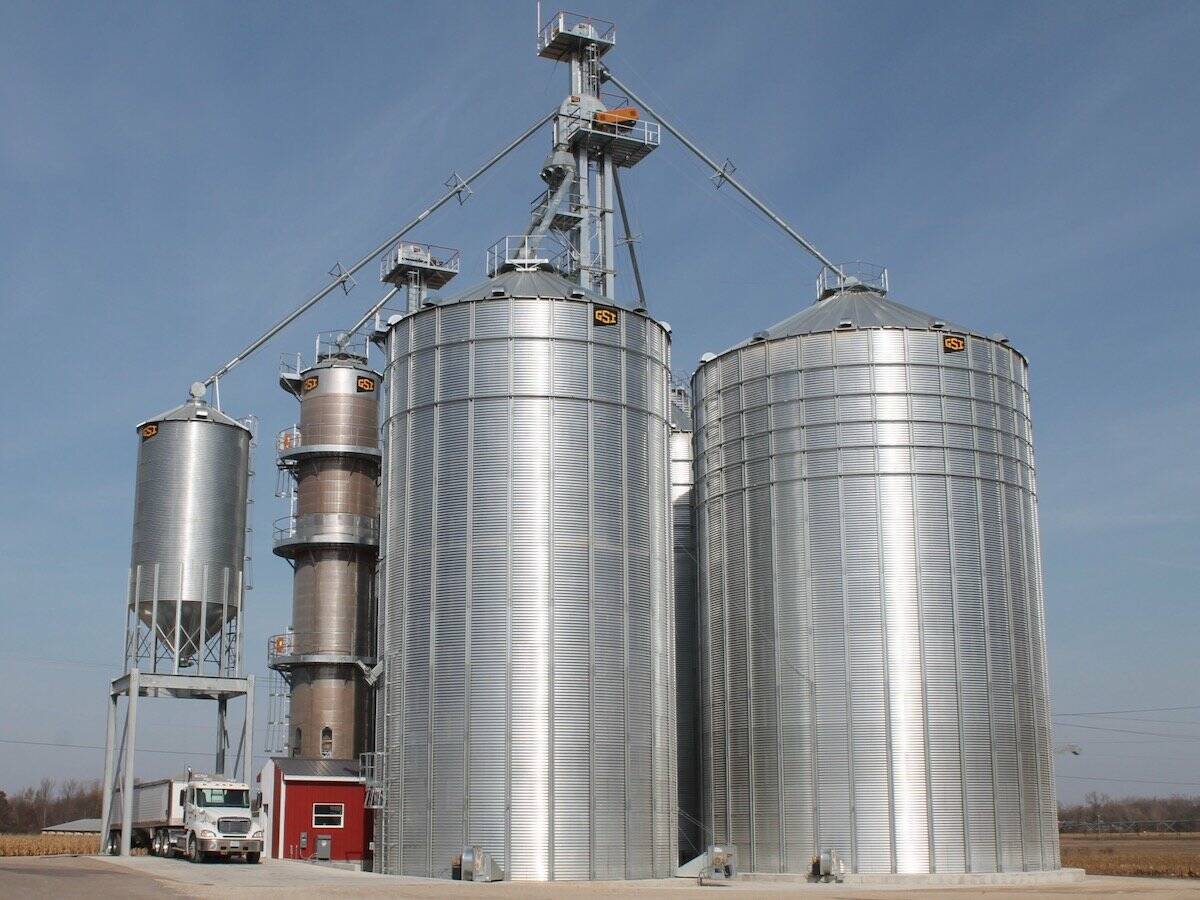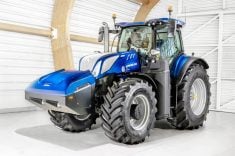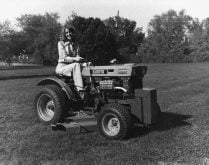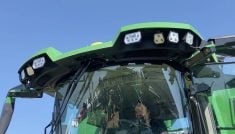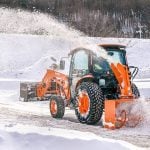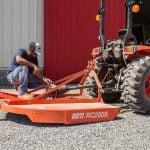As harvest season approaches, inspecting grain handling equipment is critical.
Something as simple as a problem with a grain auger can stop an entire harvesting operation.
Permanent grain handling facilities, too, need regular inspections and maintenance to ensure they’re operating properly and safely.
Grain systems company GSI sent out a reminder to producers to give grain handling systems a thorough inspection before harvesting begins.
“If they haven’t already done so, now is the time to check their grain bins, dryers and grain handling equipment,” said GSI District Manager Dave Ellis.
Read Also
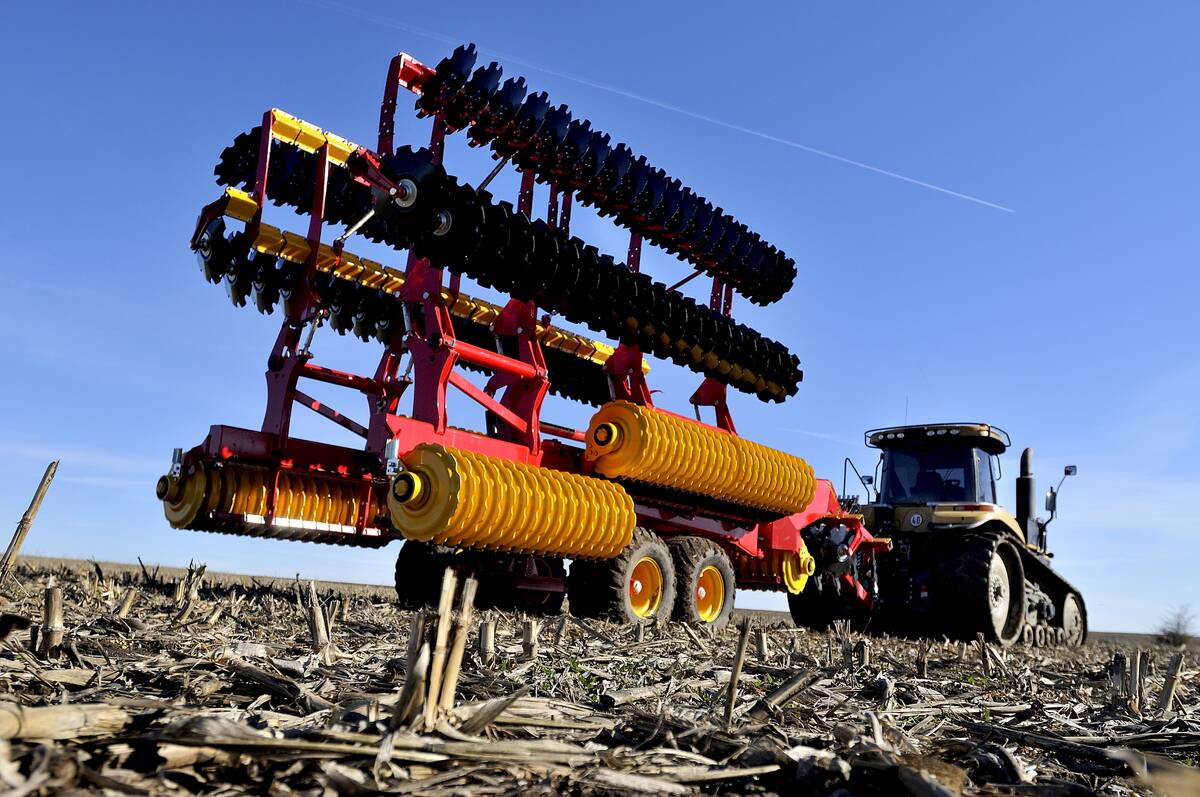
Evolution of European equipment manufacturers runs deep
A look at how Lemken and Väderstad have evolved from their traditional offerings of tillage equipment to include planting and seeding equipment in their lineups.
“An ounce of prevention can help save farmers tons of problems.”
For those growers with permanent grain handling setups, here are some tips from GSI
- First, if there is a delivery pit, be sure to clean it out and keep it from filling up with debris or allowing any remaining grain to rot, which could attract rodents or other pests. Keep water out.
- Next, inspect the bearings on grain legs and conveyors to make sure they are in good working order. Check that grain elevator belts and buckets are intact and that belts are tight and, of course, replace as needed.
- Grain augers, too, should get an inspection to make sure their bearings are holding up. Also, cleaning any left over grain out of them will reduce rusting.
- Cleaning up any spillage around bins will help reduce rodent problems. It’s also a good time to repair any damage to bins that might allow water infiltration.
- Lastly, clean fans, removing debris or any other obstructions that could reduce performance. Inspect the motor and electrical connections to determine if any repairs or replacement parts are required.


